The Role of Italian Handbags in Sustainable Fashion
Sustainability has become a vital focus in today’s fashion industry, with consumers and designers alike seeking eco-friendly alternatives that prioritise environmental and ethical considerations. Italian handbag makers, known for their timeless craftsmanship and unparalleled luxury, are at the forefront of this shift, merging traditional artisan methods with modern sustainable practices. Here’s a closer look at how Italian handbags are playing a pivotal role in shaping sustainable fashion.
1. Craftsmanship: A Tradition of Longevity
At the heart of Italian fashion is an enduring dedication to craftsmanship, a principle that naturally aligns with sustainability. High-quality materials and expert craftsmanship result in products that are made to last. Unlike fast fashion, which encourages disposable consumption, Italian handbags are designed for longevity. A well-made Italian leather handbag like My Style Bags Moon Handbag Italian Leather Deluxe Tobacco can be used for decades, reducing the need for constant replacements and helping to combat the culture of wastefulness in fashion.
The use of traditional, handcrafting techniques ensures that each piece is meticulously produced, requiring less energy and fewer resources than mass-manufactured items. The philosophy of “buy less, buy better” is inherent in Italian fashion, promoting a slower, more thoughtful approach to consumption.
2. Ethical Sourcing of Materials
Italian handbag brands are increasingly focusing on the ethical sourcing of materials as they navigate the evolving landscape of sustainable fashion. Many artisans and luxury houses now prioritise vegetable-tanned leather, a natural, eco-friendly alternative to conventional tanning processes that involve harmful chemicals. Vegetable tanning relies on plant-based tannins to produce leather, reducing the environmental impact and creating a material that is biodegradable and more sustainable.
Furthermore, Italian handbag makers, including My Style Bags, are sourcing materials from ethical suppliers who uphold fair labour practices, ensuring that sustainability extends beyond environmental concerns to include social responsibility. Many luxury brands are also making use of certified sustainable leather and recycled materials, aligning themselves with global standards that promote ethical practices across the supply chain.
3. Innovative Use of Recycled Materials
A growing trend in the world of Italian handbags is the use of recycled and upcycled materials. Italian designers have started incorporating recycled leather, fabrics, and metals into their handbag collections without compromising on luxury or style. Brands like Prada have pioneered the use of recycled nylon in their “Re-Nylon” collection, demonstrating that high fashion can embrace eco-friendly materials while retaining its iconic status.
This movement toward using repurposed materials is a significant step in reducing waste and encouraging a circular economy. By transforming existing materials into beautiful, high-end products, Italian handbag makers like Valentino Garavani are showcasing that sustainability and luxury can coexist.
4. Eco-Friendly Production Practices
In addition to innovative materials, Italian handbag brands, as well as international luxury houses like Burberry, are focusing on eco-friendly production methods. Many manufacturers have implemented practices that minimize waste, reduce water consumption, and use renewable energy sources in their production processes. This shift is critical in mitigating the environmental impact of fashion production, which is notoriously resource-intensive.
Several Italian luxury brands have also embraced “zero-waste” manufacturing techniques, ensuring that every part of the material is used efficiently. These sustainable practices are not only beneficial for the environment but also reinforce the luxury industry's commitment to quality and craftsmanship.
5. Transparency and Responsibility in Fashion
One of the key elements driving sustainability in Italian handbag design is transparency. As consumers become more conscious of the environmental and ethical implications of their purchases, they demand more information about where and how products are made. Italian handbag makers have responded by providing greater transparency about their production processes, sourcing practices, and sustainability initiatives.
Luxury brands like Balmain are now embracing certifications and standards that verify their commitment to sustainability. Whether it’s fair labour certifications or sustainable leather sourcing, these initiatives provide consumers with the assurance that their purchases are not only luxurious but also responsible.
6. Timeless Design as an Antidote to Fast Fashion
Italian handbags are renowned for their timeless designs that transcend fleeting trends. This emphasis on classic, enduring styles plays a crucial role in countering the fast fashion cycle, which promotes constant consumption and disposal. By creating handbags that are designed to be used and cherished for years, Italian designers encourage a more sustainable approach to fashion consumption.
Timeless design also means that these handbags hold their value over time. Many Italian handbags, from brands like Bottega Veneta, Fendi and My Style Bags are considered investment pieces, capable of being passed down through generations. This not only reduces the demand for frequent purchases but also promotes a sustainable, long-term mindset in fashion.
7. A Legacy of Luxury and Sustainability
The role of Italian handbags in sustainable fashion is profound, blending age-old craftsmanship with innovative eco-friendly practices. By prioritising longevity, ethical sourcing, and transparency, Italian handbag makers are leading the way toward a more responsible and sustainable fashion industry.
For those looking to invest in a luxury item that reflects both style and sustainability, Italian handbags offer the perfect balance. Explore the sustainable collections from Italian Luxury Group to discover how the world of luxury is embracing a greener future, one beautifully crafted handbag at a time.




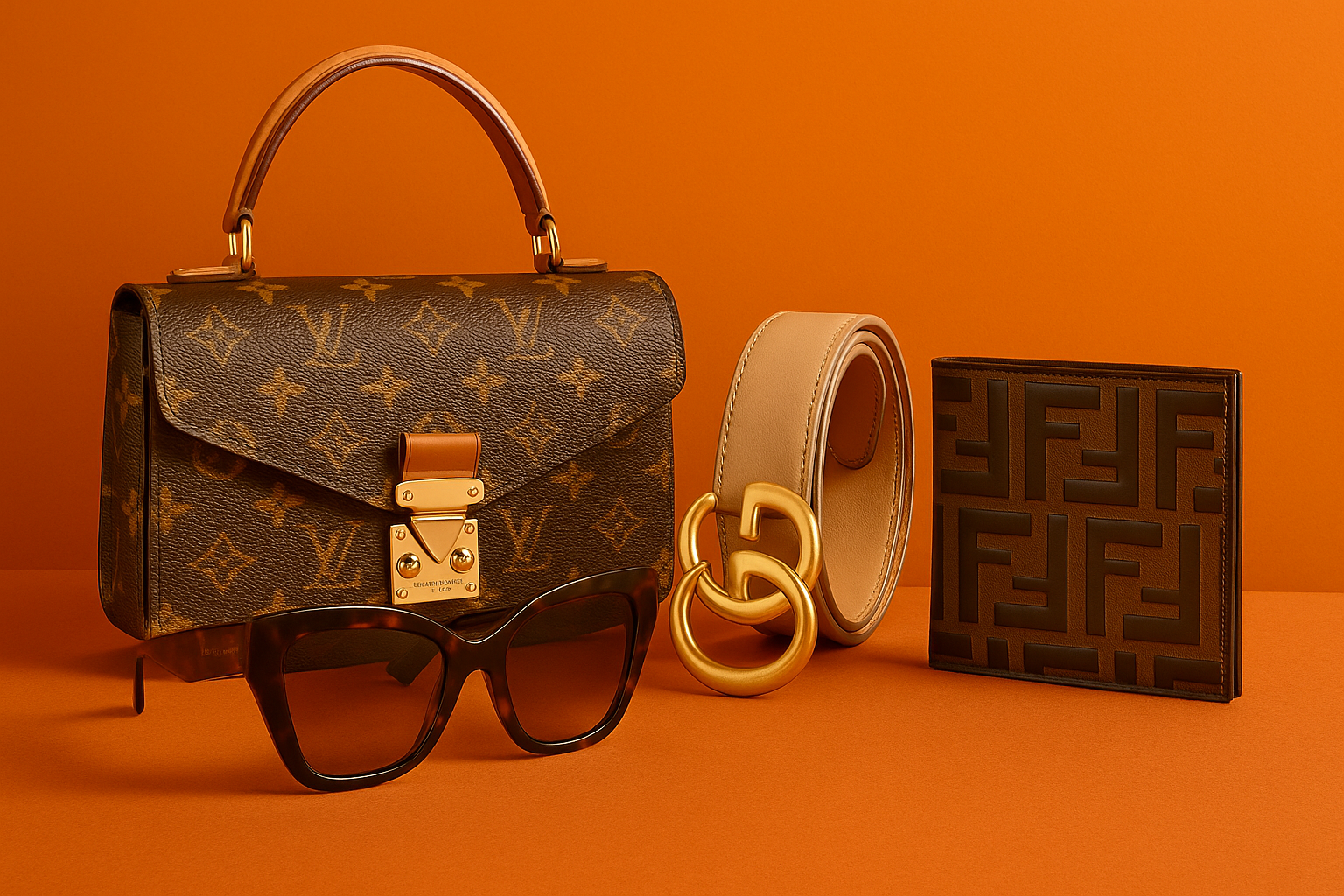
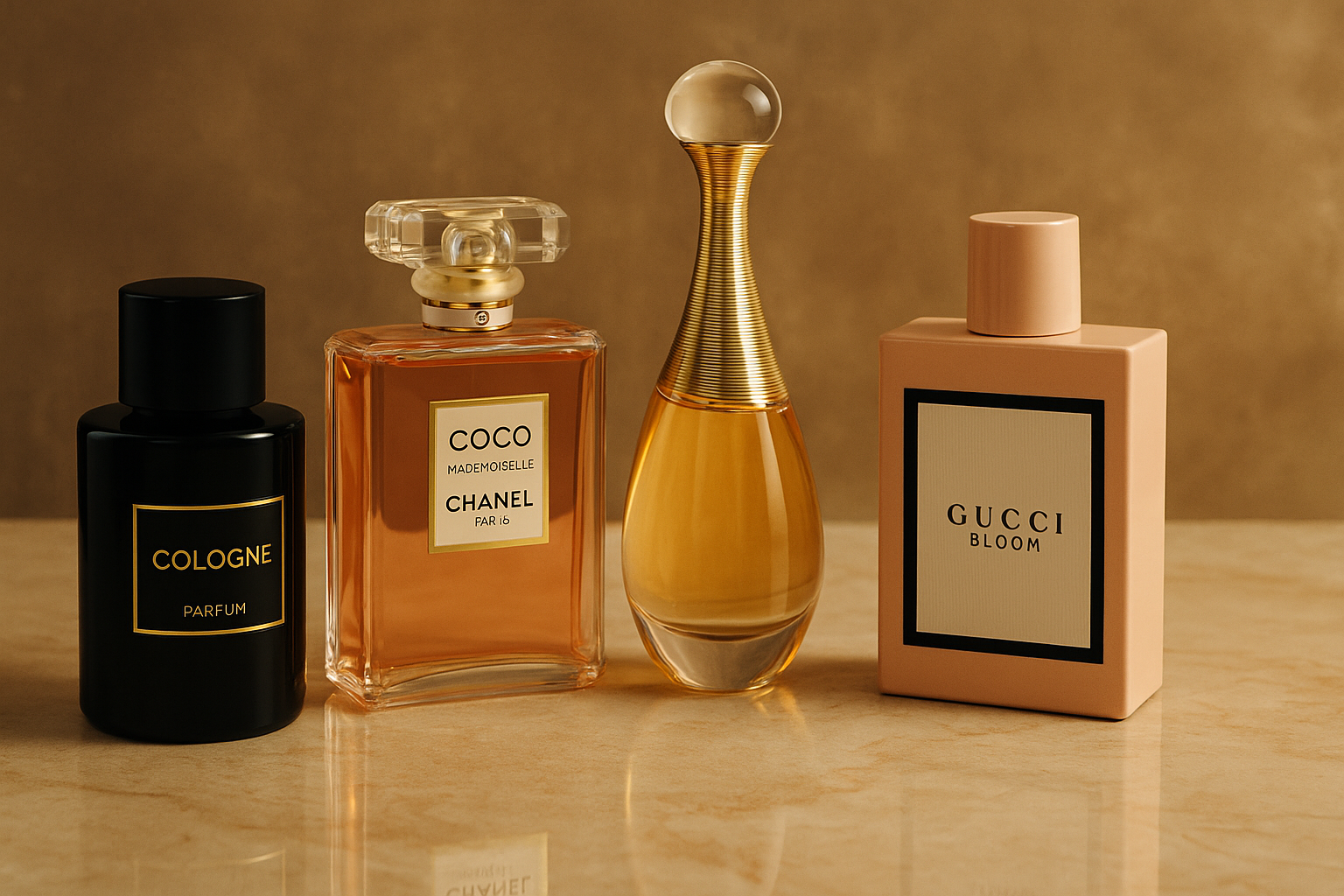




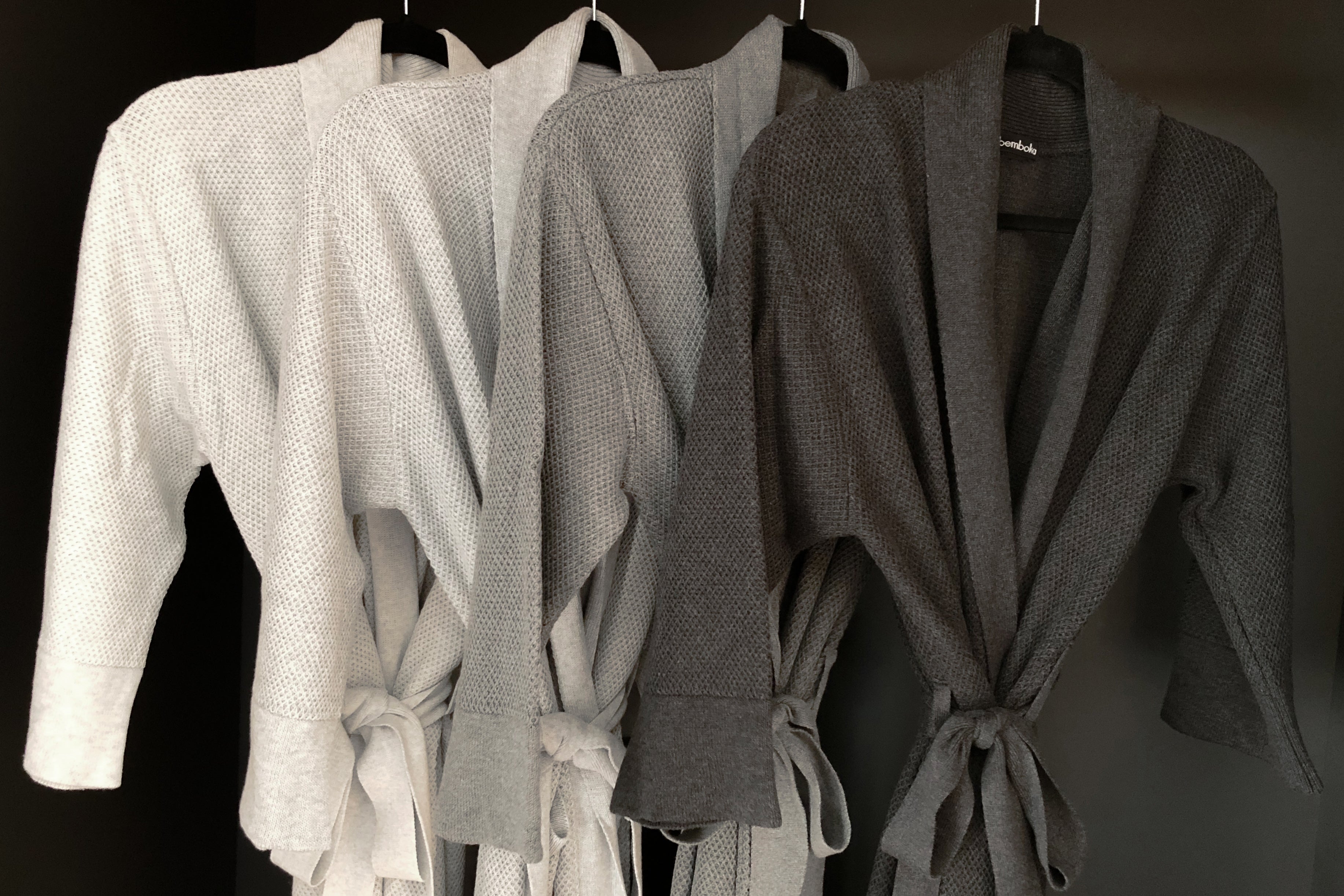



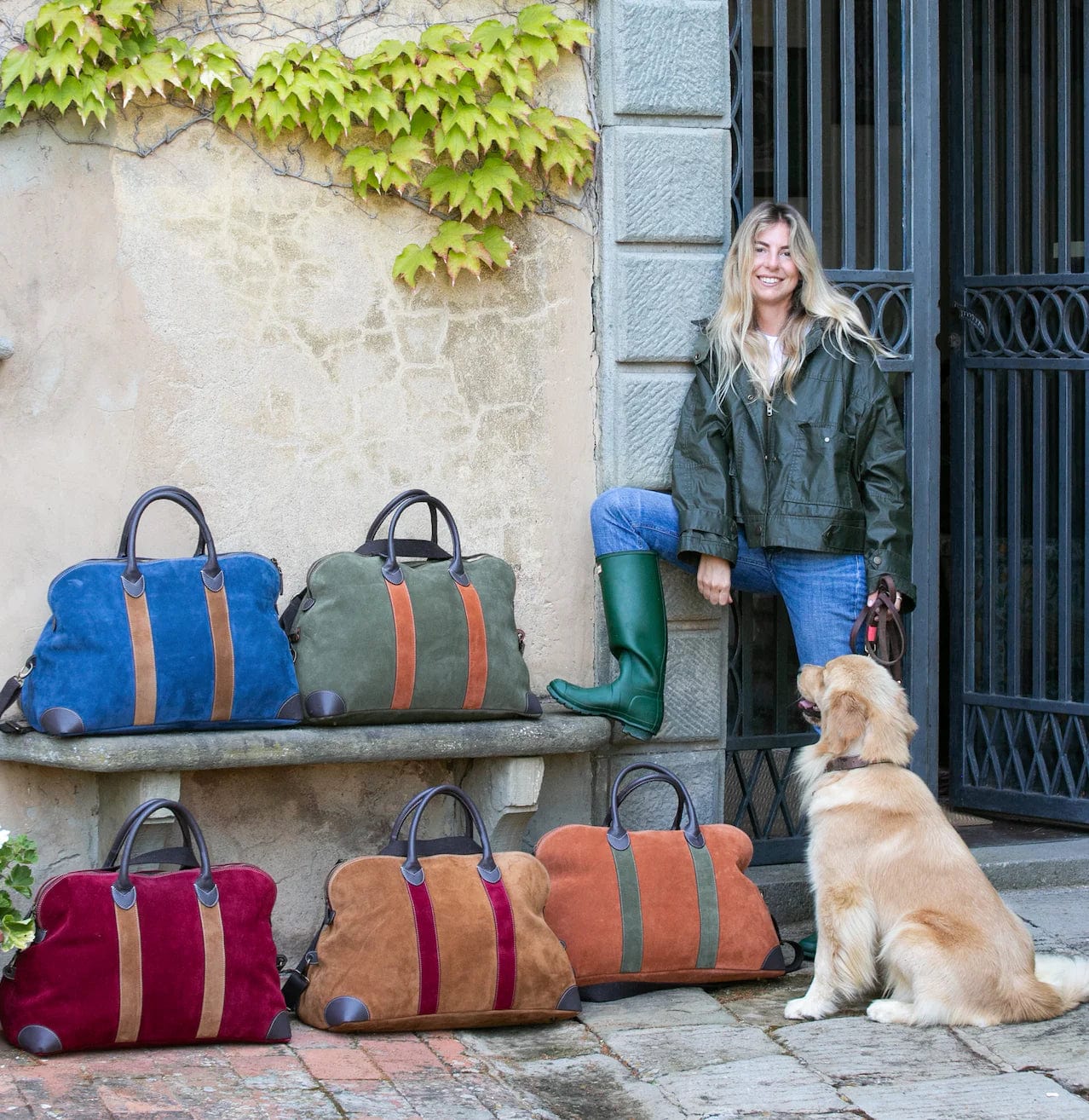


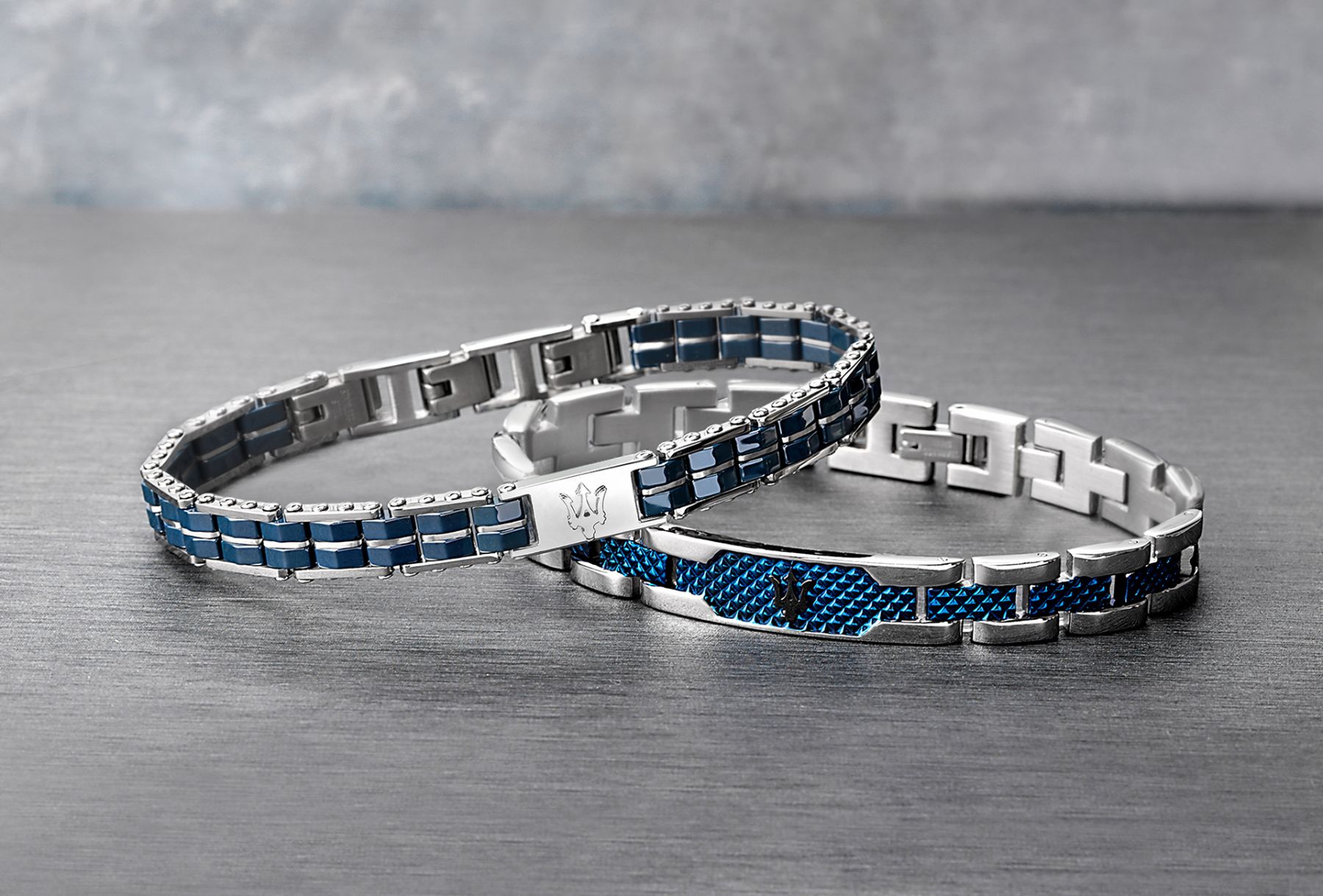
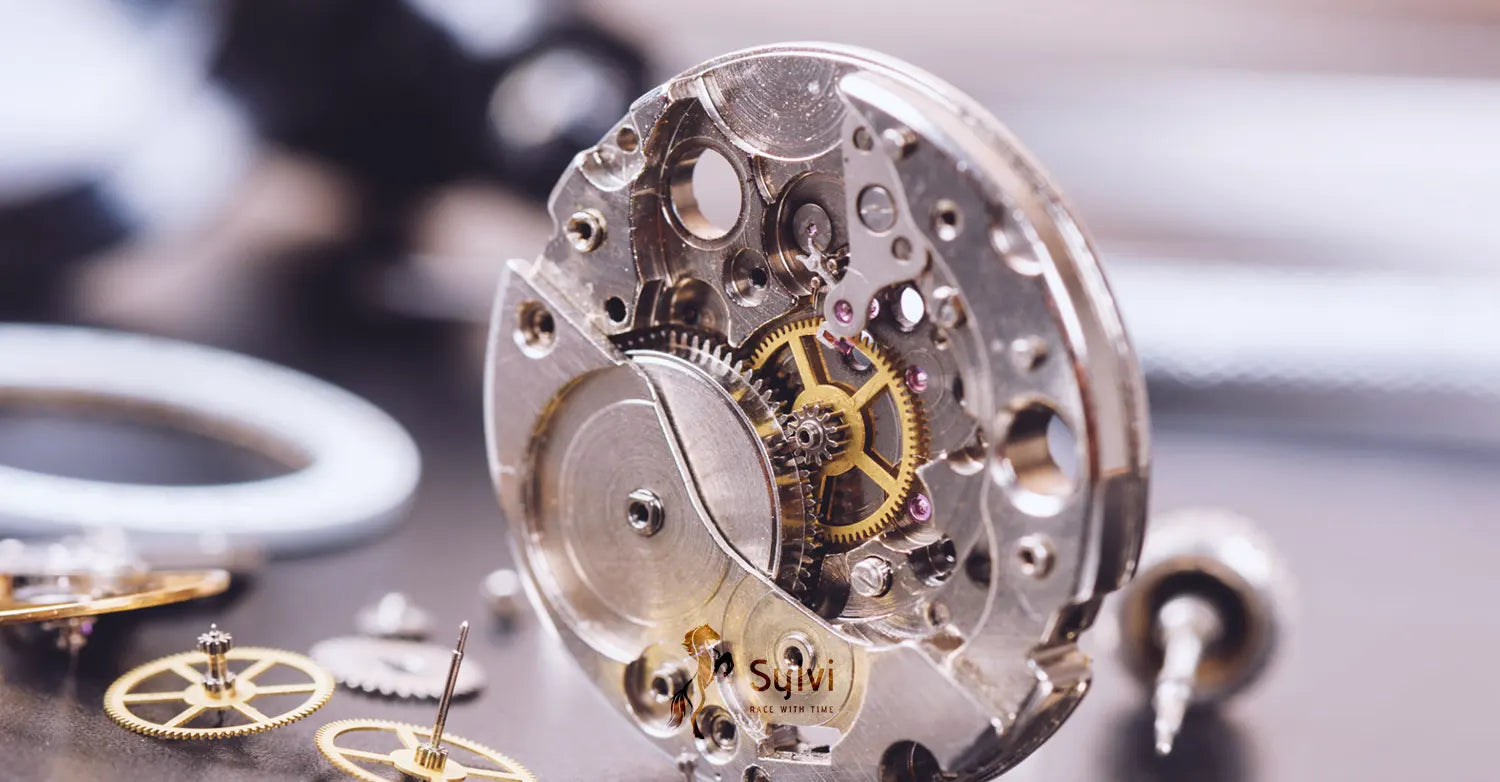

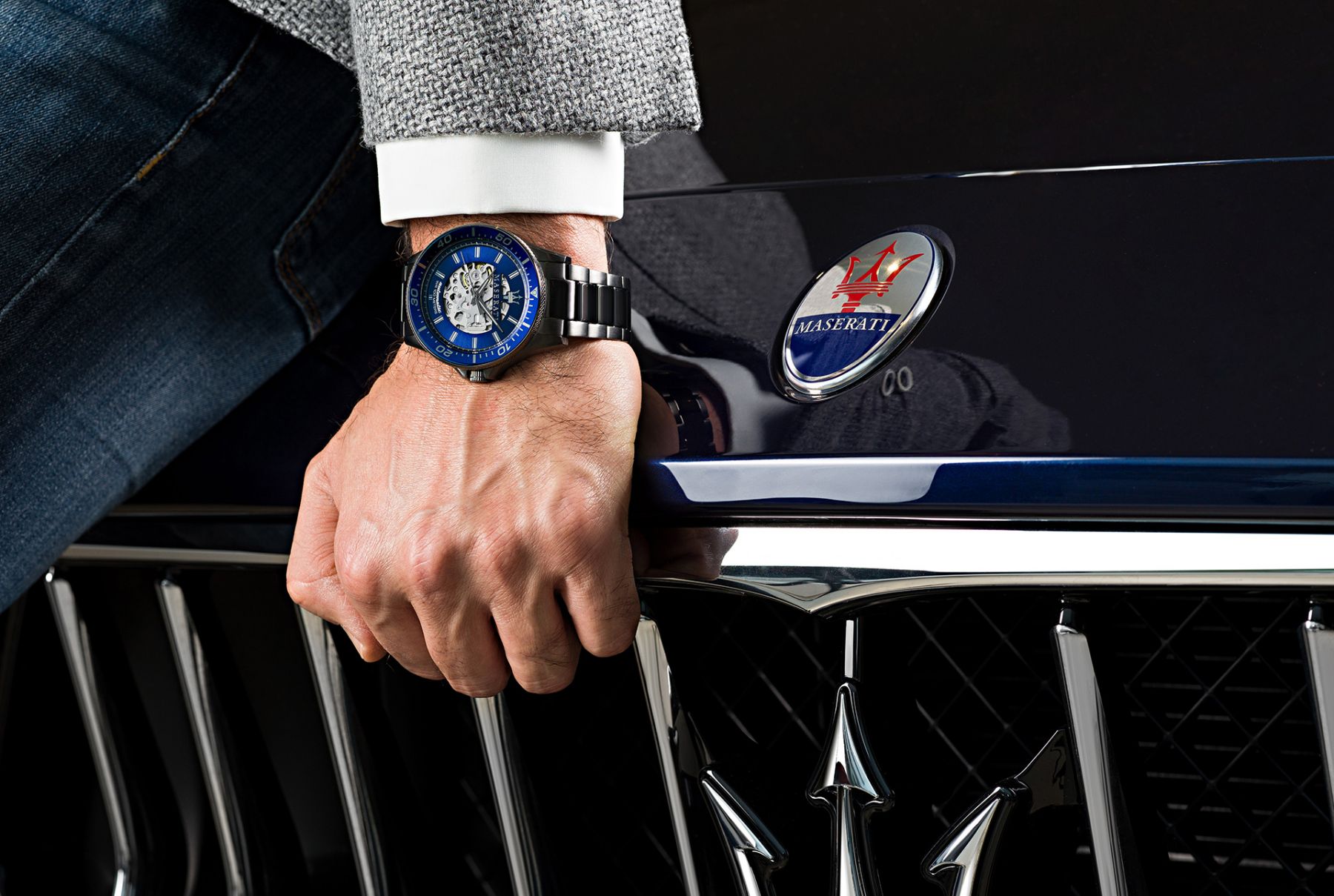








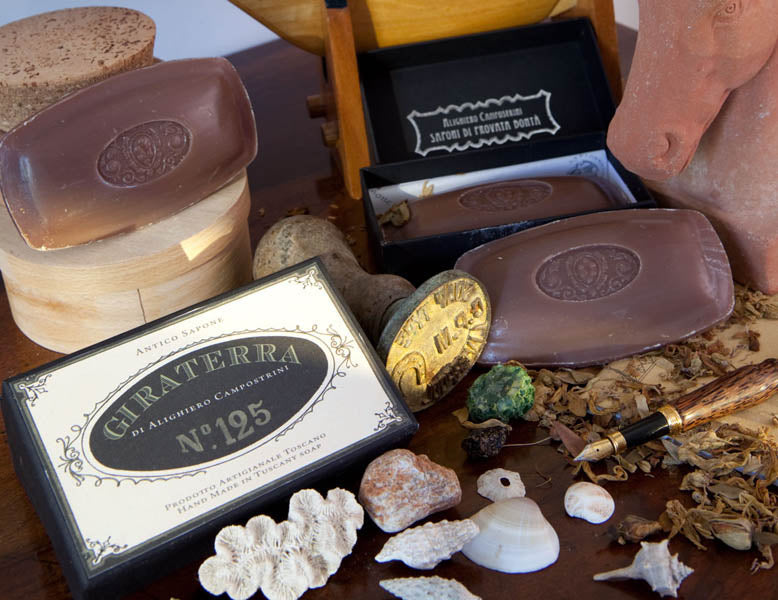




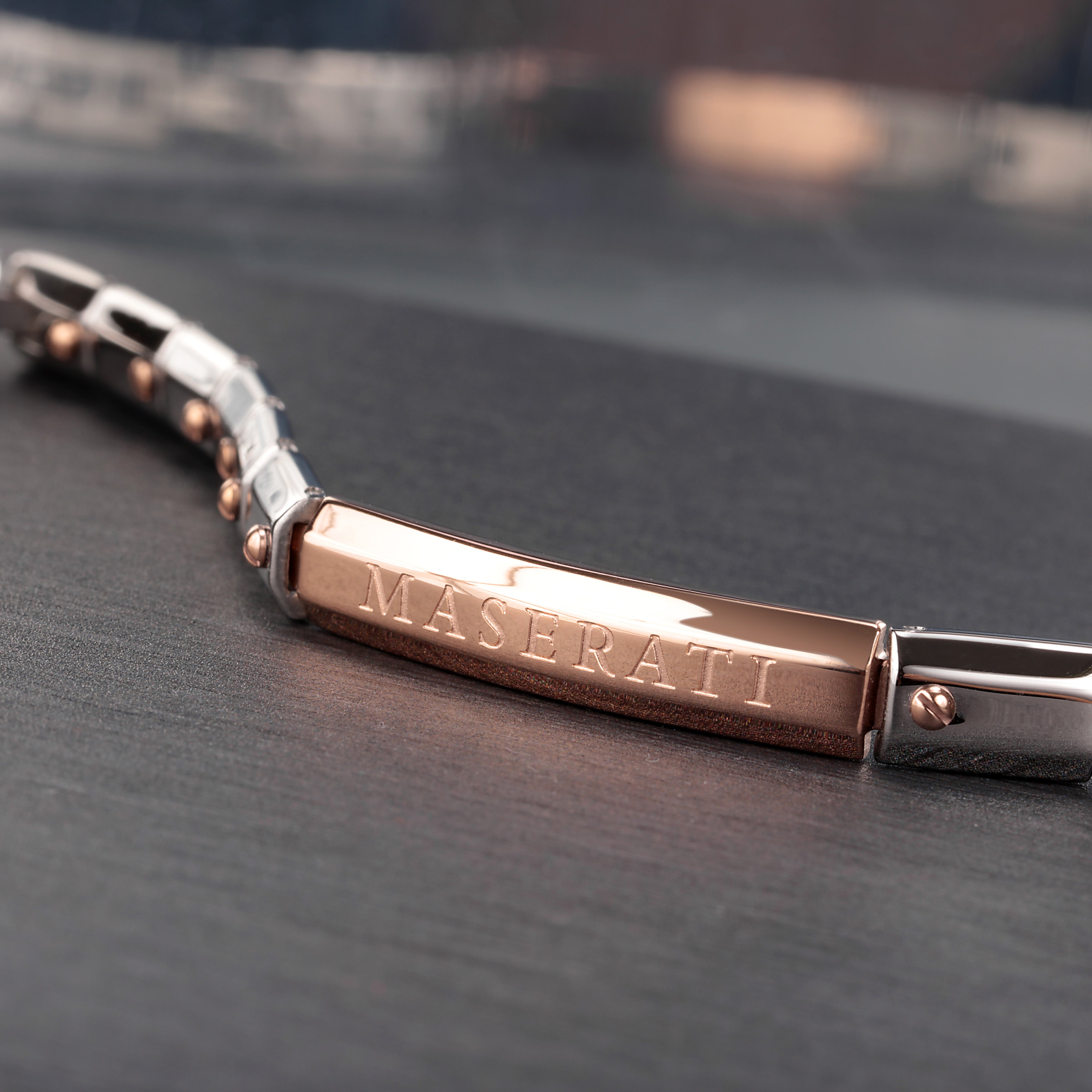
Leave a comment